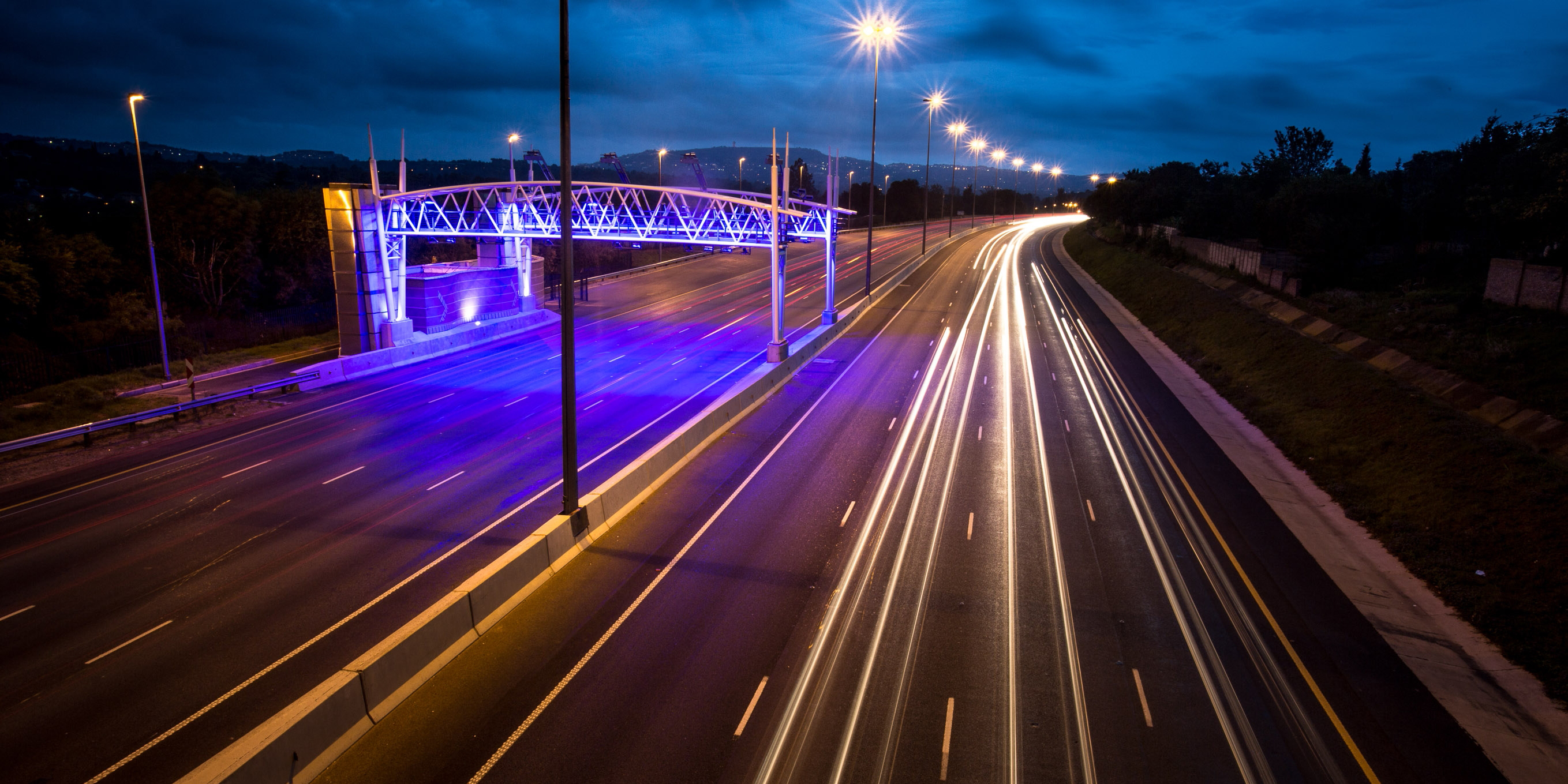Minister of Transport Sindisiwe Chikunga said stakeholders including Finance minister Enoch Godongwana and Gauteng Premier Panyaza Lesufi had reached an agreement to delink the e-tolls from gantries on midnight of April 11, 2024.
“This will effectively bring the urban e-tolling in Gauteng to an end. However, the ring roads that were part of the scheme shall remain the national roads,” she said in a statement released on Thursday afternoon.
For several years the Gauteng government has been under pressure from residents to scrap the system and, over the years, had made many false starts to putting an end to the system.
Key sticking points were the differences on issues related to the user-pay principle of debt related to the Gauteng Freeway Improvement Project (GFIP), past capital expenditure costs and yearly maintenance costs.
Chikunga did not go into the specific details of these issues except to say, “parties agreed to enter into a Memorandum of Agreement (MoA) to formalize alternative funding solutions for the GFIP debt repayment and deal with the backlog of maintenance and rehabilitation costs”.
Sanral’s debt stood at more than R42-billion as of 31 December 2023.
In a previous agreement, the Gauteng government had committed to paying 30% of the debt.
Read more in Daily Maverick: Inside the Gauteng government's scramble to end the e-toll system
Last month, during the annual budget for Gauteng’s sixth administration, Finance MEC Jacob Mamabolo said the Gauteng government had approached financial institutions to raise money to settle 30% of the debt.
It remains unclear whether the Gauteng government will be able to secure the funds it requires to pay for 30% of Sanral’s debt and the required annual R3-billion to maintain the 201km infrastructure in light of the province’s already stretched purse.
The disastrous system faced pushback from the business community, motorists and trade unions and also gave rise to the launch of civil society organisation, Opposition to Urban Tolling Alliance (Outa) in 2012 which legally challenged the scheme.
On Thursday night, Outa CEO Wayne Duvenage welcomed the government's decision.
“It has been a long road, but today we can officially celebrate the end of e-tolling in Gauteng,” said Duvenage.
“Bad laws need to be treated in a manner that sends the government back to the drawing board, and one such avenue is civil disobedience. Fortunately, the general motoring public stood strong and collapsed the system,” Duvenage said.
Lesufi’s spokesperson, Sizwe Pamla, suggested that the premier had been vindicated, having made multiple unfulfilled promises to scrap the system previously.
“It's really the fulfilment of a promise and commitment the premier made in February in the state of the province address. Now that the gazette has been passed, it means that officially in law, they have been discontinued.”
E-toll roads in Gauteng make up one percent of Sanral’s national network. The Gauteng road network is in desperate need of restoration, which will be costly.
According to Sanral, 85% of Gauteng’s roads are beyond their design life cycle and need significant investment into maintenance. Where funding for this exercise will come from remains a mystery.
Once again, Chikunga’s statement was unclear on this. “Parties were unambiguous on the fact that the user-pay principle remains a government policy and commit to continually engage and work together to explore adequate and stable funding solutions for road construction, maintenance, and upgrade to support economic development.”
Chikunga added that stakeholders were unanimous that terms needed to be set in black and white on the MoA for the province to contribute to the backlog of maintenance and rehabilitation costs.
One of the most pressing questions around the de-linking of e-tolls was whether motorists who had paid or continue to pay for the scheme will be reimbursed or not. Another question is what will happen to the gantries. Lesufi’s office has repeatedly insisted that they will be used as a crime-fighting tool.
Last month, Sanral’s spokesperson Vusi Mona could neither confirm nor deny this.
“The e-tolls infrastructure is a significant asset which is able to assist with improved mobility, road safety and other transport-related services on Gauteng’s freeways. Sanral is committed to working with all stakeholders in this regard,” he said.
Chikunga echoed Lesufi’s sentiments. “Parties also emphasised the fact that the government was already far advanced with its plans to repurpose the e-toll infrastructure to improve mobility, road safety, and combat crime,” she said on Thursday. DM




 An e-toll gantry in Johannesburg, South Africa. (Photo: Gallo Images / The Times / Daniel Born)
An e-toll gantry in Johannesburg, South Africa. (Photo: Gallo Images / The Times / Daniel Born)